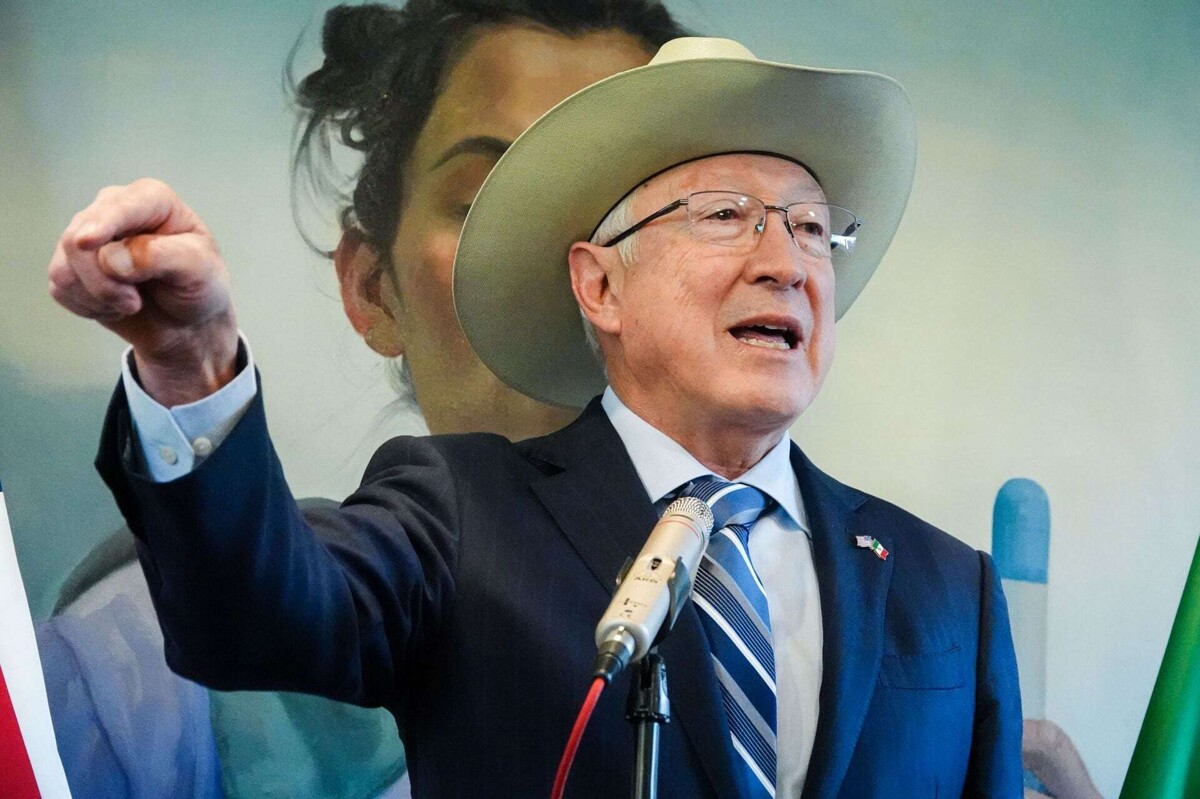
The statements of the U.S. ambassador to Mexico, Ken Salazar, regarding the failure of President Andrés Manuel López Obrador's security strategy and the wave of violence in the country have generated controversy and tension in the bilateral relationship. Salazar publicly criticized the stance of President Claudia Sheinbaum and questioned the lack of dialogue and cooperation between the two governments.
Although Salazar pointed out that insecurity in Mexico is not the fault of the United States, but a result of a failed security strategy, his words angered Mexican authorities. There is a perception of a rift between the ambassador and Sheinbaum's administration, which has led to a reduction in coordination and information exchange in recent months.
It is mentioned that Salazar's attitude reflects a certain discomfort from not feeling heard or taken into account by Sheinbaum, which could result in his resignation in the coming weeks. Additionally, it is noted that these tensions could affect the relationship between the two countries and the ratification of the USMCA, as well as bilateral trade.
The lack of direct communication between the governments may have prompted Salazar's decision to make his criticisms public in a press conference, exposing the existing differences and the need for a change in security strategy. It is emphasized that Mexico must be prepared to negotiate with the U.S. government and find solutions to current problems.
Amid these tensions, the future of the relationship between the two countries remains in doubt, as well as how security and cooperation issues will be addressed. Salazar's statements have exposed the differences and challenges faced by Mexico and the United States at this crucial moment.














